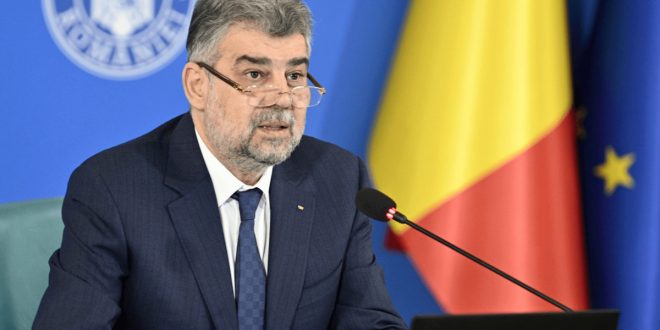Romanian Prime Minister Marcel Ciolaku has ordered restrictions on land-based gambling, which now require re-examination by the Romanian Constitutional Court to become federal law.
The Supreme Court of Cassation and Justice announced the need to evaluate new restrictions on land-based gambling aimed at reforming the Romanian Criminal Code.
The Supreme Court has ordered a “constitutional review” of a measure banning gambling in towns with a population of less than 15,000 to change Romania’s Criminal Code.
In April, Prime Minister Ciolaku approved a decree on the Slot Machines Law (Legea Păcănelelor), which was passed by Parliament to ensure the implementation of a key measure.
This law will amend the Romanian Criminal Code, establishing that operating slot machines without a municipal license is a crime and requiring gambling establishments to be located in settlements with a population of more than 15,000 people.
Penalties for violations will range from three months to one year in prison or a fine. Issuing a false population certificate by the mayor’s office will be punishable by imprisonment for a term of six months to three years.
The Supreme Court reviewed the underlying measure and found that banning gambling in rural towns violated Romania’s “bicameral principle” of applying federal laws. The proposed measures contain “constitutional shortcomings of both an external and internal nature.”
The Supreme Court also pointed out the law’s shortcomings in determining which Romanian cities would be covered and how affected properties would have to relocate.
Additional difficulties arise from unclear enforcement of these rules, especially in rural areas with limited municipal resources. The lack of compensation for local businesses affected by relocation mandates has caused controversy among stakeholders.
The government is committed to strict regulation of gambling as Ciolaku emphasized the need to protect public welfare rather than the economic benefits of gambling activities.
This commitment is evident in the recent appointment of Christian-Gabriel Pascu as vice-president of the National Gambling Authority (ONJN), despite his lack of gaming or government experience, raising concerns about the effective implementation of legislation.
While the government is engaged in legislative matters, the main focus remains on creating a controlled and regulated gambling environment, prioritizing the well-being of citizens.
Ciolaku supports Legea Păcănelelor’s executive measures, considering them the most comprehensive to stop the operation of gambling in 90 percent of Romanian cities.
Although the ban’s implementation has been delayed until the summer, parliament remains confident that the measure will be supported. The government is not offering any compensation to Romania’s 27 licensed sports betting operators, which include industry leaders SuperBet, StanleyBet, Casa Pariurilor (Fortuna Entertainment) and Mozzart Kladionica.
Don’t forget to subscribe to our Telegram channel!











